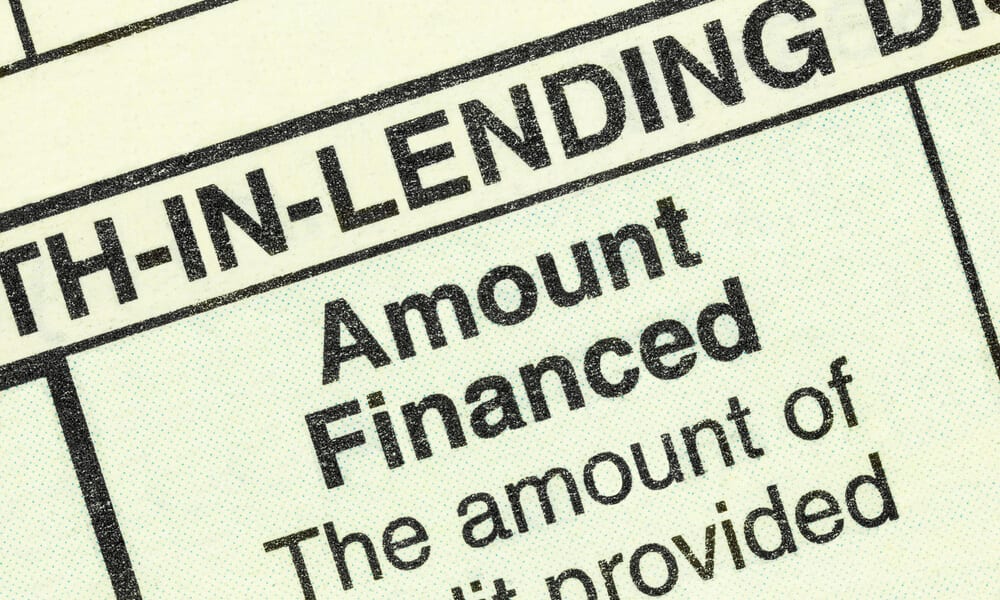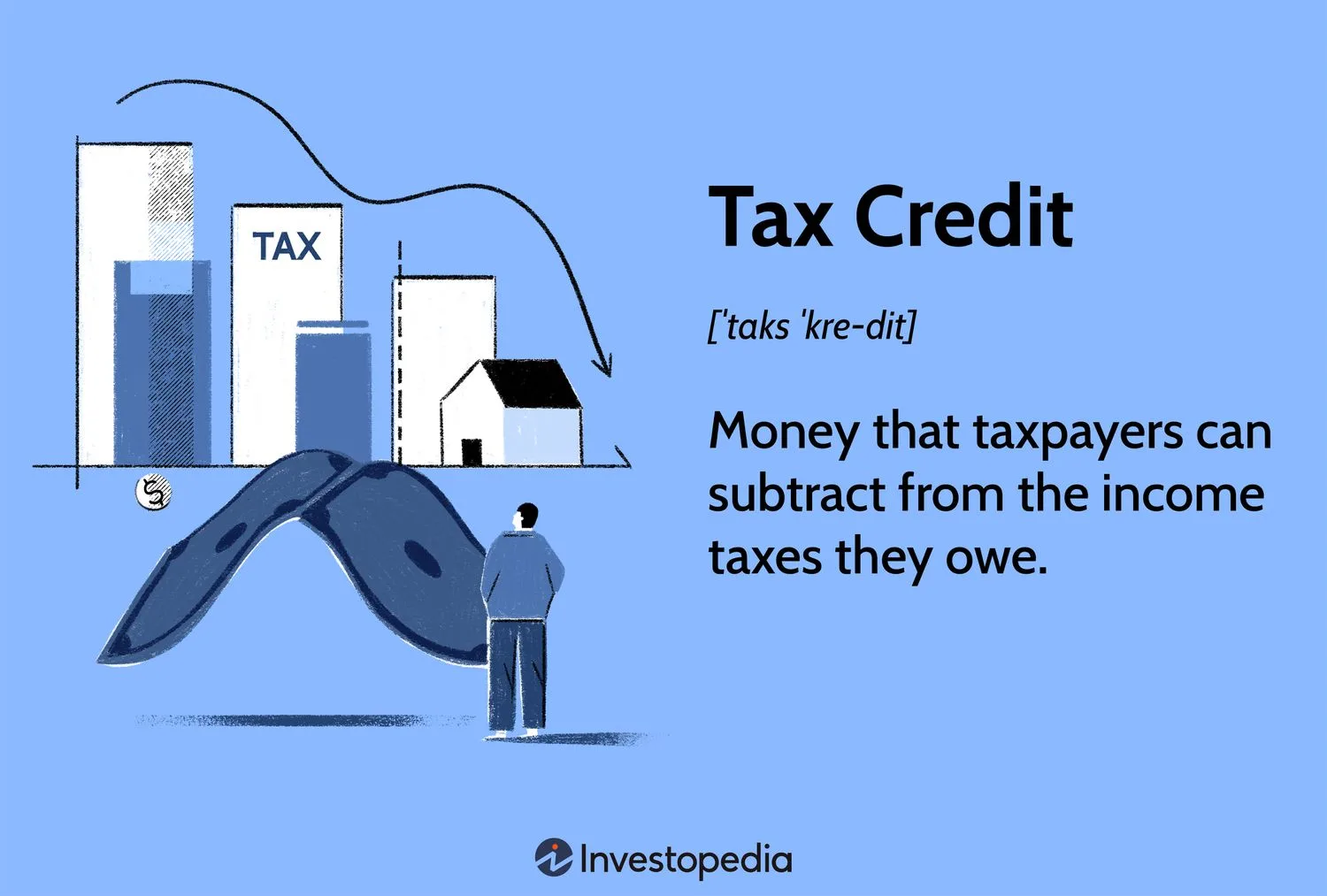Does Credit Mean I Owe Money? Find Out the Truth Today
Credit does not necessarily mean that you owe money. However, it is a form of borrowing money or having the ability to make purchases on credit with the promise of paying it back later.
This can be done through various means, such as credit cards, loans, or lines of credit. In today’s financial landscape, the concept of credit is quite prevalent. Many people associate it with owing money, but credit can have a broader meaning.
It is not limited to owing money but extends to the ability to borrow money or make purchases on credit. Understanding the dynamics and implications of credit is crucial for financial management and decision-making. This article aims to shed light on what credit truly means and how it functions in our everyday lives. Whether you are contemplating applying for a credit card, considering a loan, or simply seeking to enhance your financial literacy, this guide will provide valuable insights into the world of credit. By unraveling the intricacies of credit, you will be better equipped to navigate the financial landscape and make informed choices that align with your financial goals.

Credit: www.debt.org
What Is Credit?
What is Credit?
Credit is a term that is frequently used in financial discussions, but it can often lead to confusion. Many people wonder, “Does credit mean I owe money?” The answer is not as straightforward as one might think. Credit is essentially a financial trust that allows individuals or businesses to borrow money or purchase goods and services with the understanding that the funds or payment will be made at a later date. It involves a creditor, who lends the money or extends credit, and a debtor, who borrows or receives credit.
Definition Of Credit
Credit, in simple terms, is the ability to borrow money or receive goods or services with an agreement to pay for them in the future. It is an essential aspect of modern financial systems that enables economic activities to thrive. When you have credit, it means that you have the financial capability to borrow money or make purchases based on the lender’s trust that you will honor your obligation to repay within the agreed period.
Types Of Credit
Credit comes in various forms, each designed to serve different needs and purposes. Here are the types of credit commonly utilized:
- Revolving Credit: This type of credit allows borrowers to repeatedly borrow up to a certain limit without having to apply for a new loan each time. Credit cards and lines of credit are common examples of revolving credit.
- Installment Credit: This form of credit involves borrowing a specific amount of money and repaying it in fixed increments over a set period. Auto loans, mortgage loans, and personal loans are typical examples of installment credit.
- Open Credit: Open credit gives businesses the flexibility to purchase goods or services from suppliers on account and pay for them at a later date. This type of credit agreement often includes discounts or incentives for prompt payments.
- Secured Credit: Secured credit requires borrowers to provide collateral, such as a home, car, or savings account, to secure the loan. In the event of default, the lender can seize the collateral to recoup their losses.
- Unsecured Credit: Unlike secured credit, unsecured credit does not require collateral. Lenders grant this credit based on the borrower’s creditworthiness, income, and other financial factors.
In conclusion, credit is a financial tool that allows individuals and businesses to make purchases and borrow money with the promise to repay it later. By understanding the definition of credit and the various types available, you can make informed decisions about your financial future.

Credit: www.facebook.com
How Does Credit Work?
Credit does not necessarily mean that you owe money. It is a financial concept that allows you to borrow funds and build a positive credit history based on your ability to repay debts.
Credit Reporting
When it comes to understanding how credit works, it’s important to start with the concept of credit reporting. Credit reporting refers to the process of collecting and maintaining information about an individual’s borrowing history and financial behavior. This information is then compiled into a credit report, which is used by lenders, landlords, and other entities to assess an individual’s creditworthiness.
Your credit report contains various details, including your personal information, credit accounts, payment history, and any public records such as bankruptcies or judgments. It’s important to note that credit reporting agencies, also known as credit bureaus, are responsible for gathering this information from various sources, such as financial institutions, creditors, and public records.
Credit Scores
Now, let’s dive into the topic of credit scores. Your credit score is a numerical representation of your creditworthiness and is based on the information in your credit report. It’s a three-digit number that lenders use to assess the risk of lending to you. The higher your credit score, the better your chances of being approved for loans, credit cards, and other forms of credit.
Credit scores typically range from 300 to 850, with higher scores indicating better creditworthiness. The factors that influence your credit score include your payment history, credit utilization ratio, length of credit history, types of credit accounts, and any recent credit inquiries. It’s important to maintain a good credit score by paying your bills on time, keeping your credit utilization low, and avoiding excessive credit inquiries.
Do I Owe Money If I Have Credit?
When we talk about credit, it’s important to understand that it doesn’t necessarily mean you owe money. Instead, credit is a financial tool that allows you to borrow money or make purchases with the promise of paying it back later.
Using Credit Responsibly
One of the key factors in managing credit is using it responsibly. This means only borrowing what you can afford to repay and making timely payments.
Repaying Credit
Repaying your credit is essential to maintaining a healthy financial status. It’s crucial to remember that using credit doesn’t equate to owing money as long as you manage it wisely.
Impact Of Credit On Financial Health
Credit is not only about owing money. It plays a crucial role in determining your financial health and opportunities. Building a positive credit history can lead to easier access to loans, better interest rates, and overall improved financial stability. Understanding the impact of credit on your financial well-being is essential for making informed financial decisions.
Understanding the impact of credit on our financial health is crucial when it comes to managing our personal finances. Credit plays a significant role in various aspects of our lives, from applying for loans to renting an apartment or even getting a job. It is essential to know how credit works and how it can affect our overall financial well-being. In this article, we will delve into the importance of building credit, as well as managing credit wisely.
Building Credit
Building credit is like laying the foundation of a secure financial future. When you have good credit, it shows lenders and financial institutions that you are a responsible borrower. This opens doors to favorable interest rates and loan approvals down the line. To build credit effectively, consider the following strategies:
- Apply for a secured credit card, which requires a deposit as collateral and helps establish a positive credit history.
- Pay all your bills and loans on time or before the due date to demonstrate responsible financial behavior.
- Keep your credit utilization low. Aim to use only a small portion of your available credit to show lenders that you can handle credit responsibly.
- Diversify your credit mix by having a combination of different types of credit, such as credit cards, car loans, or a mortgage.
Managing Credit Wisely
While building credit is essential, managing credit wisely is equally crucial. Here are some best practices that will help you maintain a healthy credit profile:
- Regularly check your credit report to identify any errors or fraudulent activity that could negatively impact your credit score.
- Make sure to keep your credit utilization ratio below 30%. High credit utilization can make lenders perceive you as a risky borrower.
- Avoid opening numerous credit accounts within a short period as it may signal financial instability.
- Make more than the minimum payment required on your credit card bills to reduce the overall interest paid and pay off debts faster.
By managing credit wisely, you can not only maintain a good credit score but also optimize your financial health. Taking control of your credit and actively managing it will lead to better financial opportunities in the long run. Remember, building credit and managing it responsibly is a continuous process that requires discipline and financial awareness.

Credit: www.ebay.com
Frequently Asked Questions On Does Credit Mean I Owe Money?
Does Credit Balance Mean I Owe Money?
No, credit balance means you have money available. It indicates that you have paid more than what you owe or received a refund, resulting in a positive balance.
Does Credit Mean You Have Money?
Credit does not necessarily mean you have money. It is an arrangement where one party borrows funds with the promise of paying it back later. It allows you to spend money you don’t have immediate access to.
Is Owing Money A Credit Or Debit?
Owing money is a credit. It increases a liability account on the balance sheet.
Is Credit When You Owe Someone Money?
Credit is when you owe someone money. It’s an arrangement where you receive goods or services upfront and pay for them later.
Conclusion
Understanding credit is crucial for sound financial management. While credit does involve borrowing money, it doesn’t necessarily mean you owe money. Used responsibly, credit can be a valuable tool for building a strong financial profile. By grasping the nuances of credit, you can make informed decisions to achieve financial success.
{ “@context”: “https://schema.org”, “@type”: “FAQPage”, “mainEntity”: [ { “@type”: “Question”, “name”: “Does credit balance mean I owe money?”, “acceptedAnswer”: { “@type”: “Answer”, “text”: “No, credit balance means you have money available. It indicates that you have paid more than what you owe or received a refund, resulting in a positive balance.” } } , { “@type”: “Question”, “name”: “Does credit mean you have money?”, “acceptedAnswer”: { “@type”: “Answer”, “text”: “Credit does not necessarily mean you have money. It is an arrangement where one party borrows funds with the promise of paying it back later. It allows you to spend money you don’t have immediate access to.” } } , { “@type”: “Question”, “name”: “Is owing money a credit or debit?”, “acceptedAnswer”: { “@type”: “Answer”, “text”: “Owing money is a credit. It increases a liability account on the balance sheet.” } } , { “@type”: “Question”, “name”: “Is credit when you owe someone money?”, “acceptedAnswer”: { “@type”: “Answer”, “text”: “Credit is when you owe someone money. It’s an arrangement where you receive goods or services upfront and pay for them later.” } } ] }




